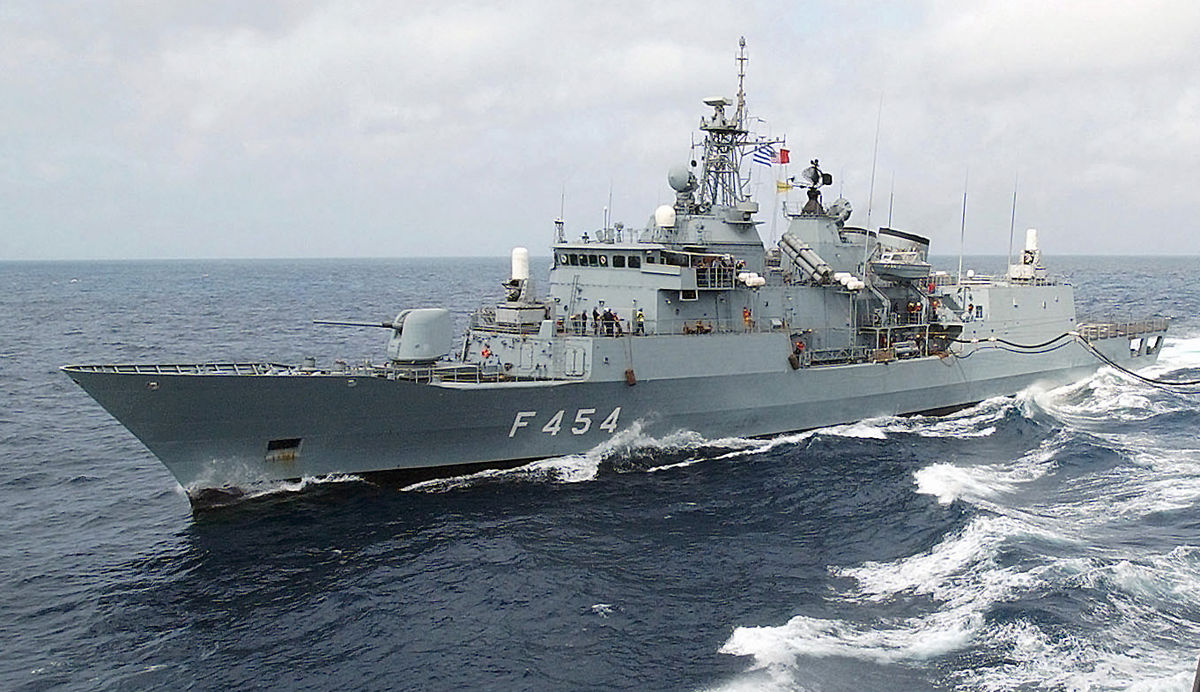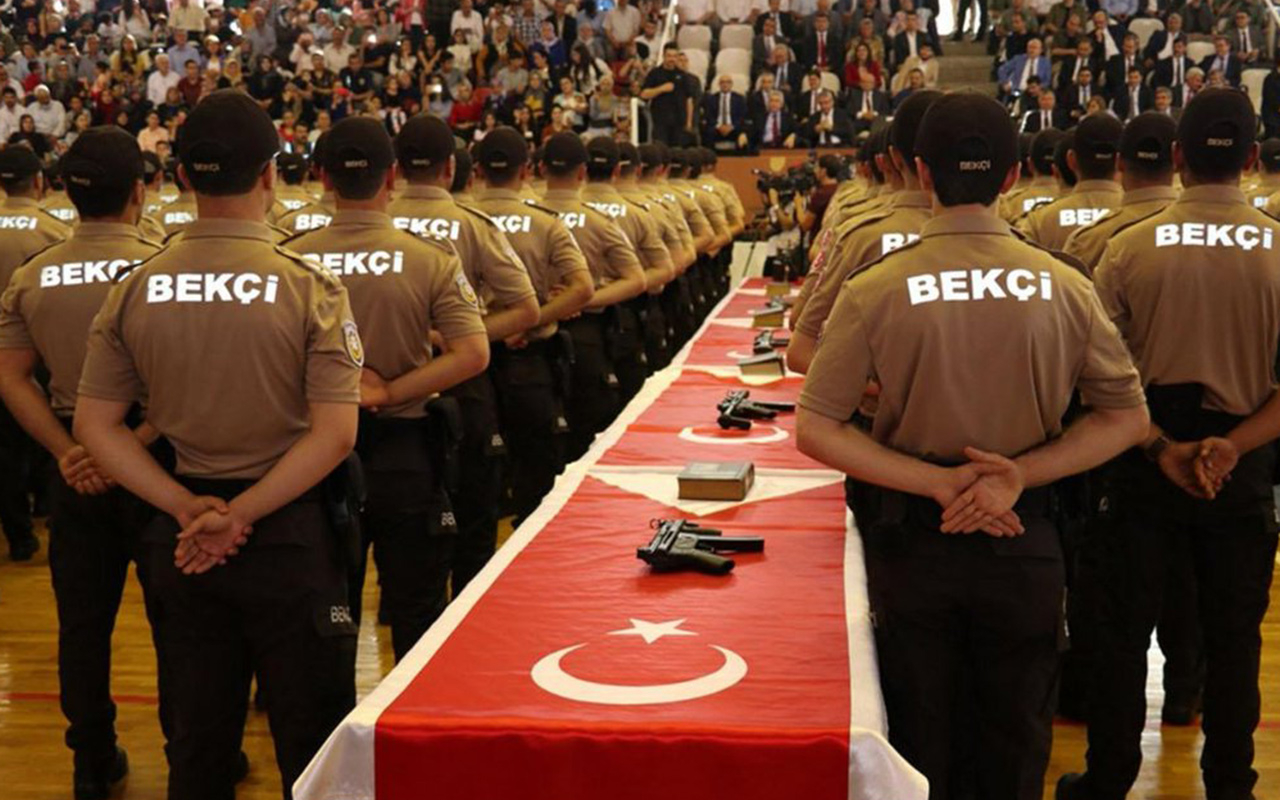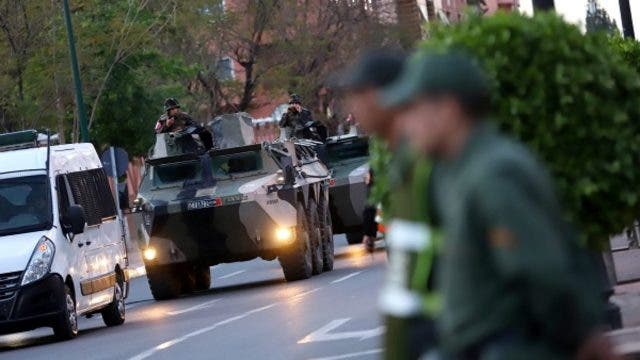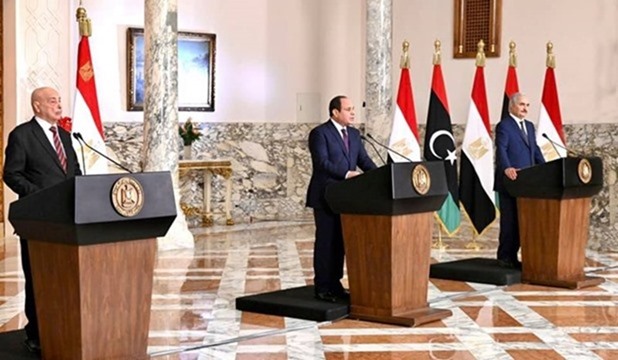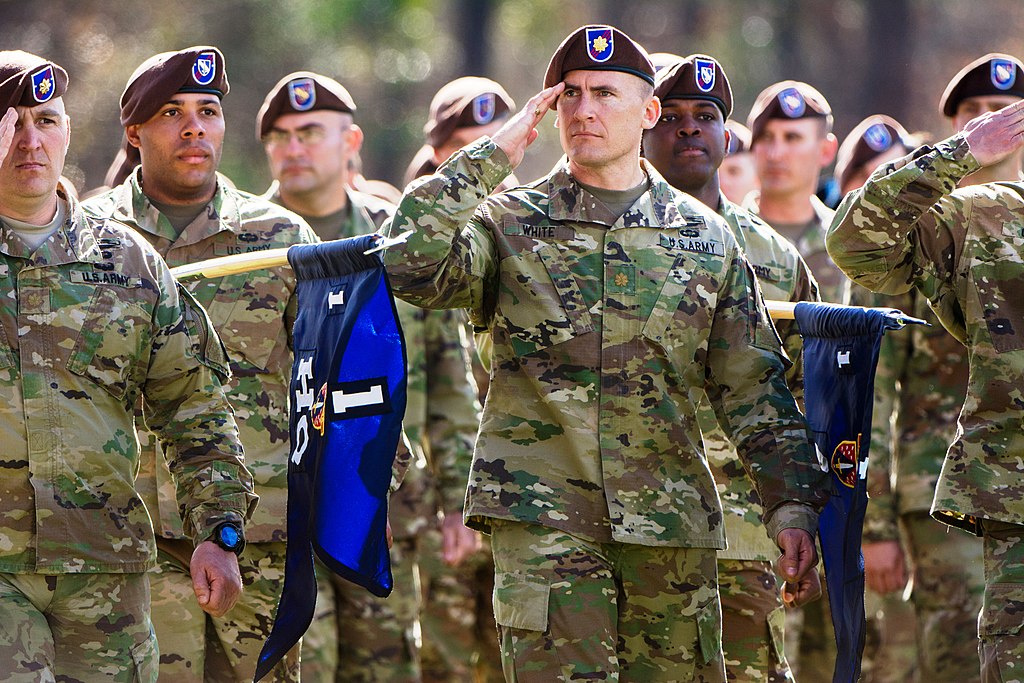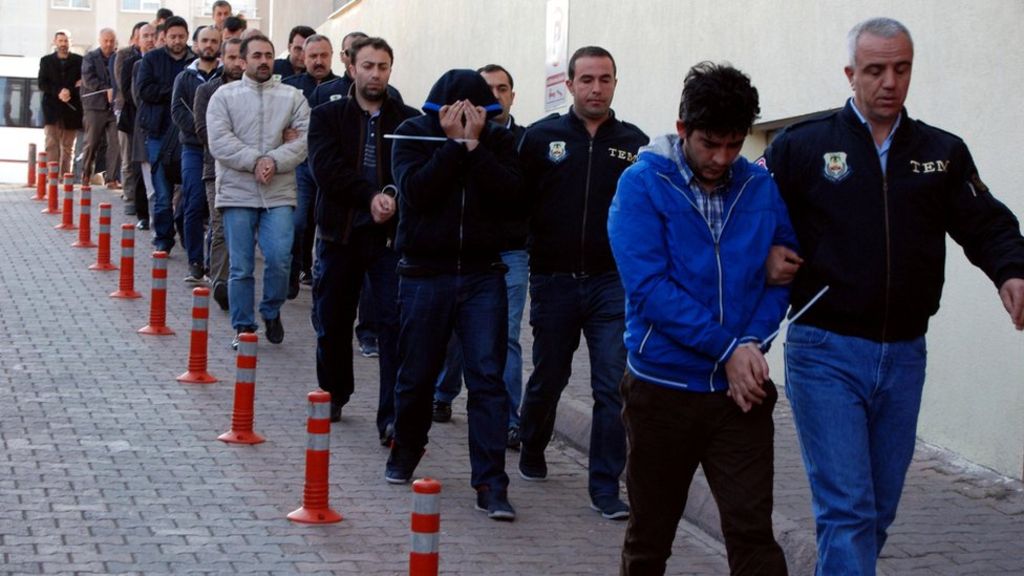On June 10, a Greek navy ship approached a Turkish cargo vessel in the high seas off the coast of Libya. The European ship, tasked with upholding the Libyan arms embargo, approached the vessel and sent a message requesting to board and inspect the suspicious cargo ship. This is a standard procedure that regulatory ships have repeated 75 times in recent months, but this time it yielded unprecedented results.
The cargo freighter did not respond; instead a Turkish warship appeared that told the Greeks to back off. With no mandate to forcibly board the freight ship, the Greek naval ship was forced to retreat without any inspection. French President Emmanuel Macron called the act “unacceptable” as the event adds fuel to an escalating diplomatic row between France and Turkey.
UN mandate
An EU spokesman on June 11 was reluctant to give details about the events, instead referring to the head of “Operation Irini” in Rome, which hosts the task force monitoring the Libyan arms embargo.
The renewed focus on the repeated breaches of the UN embargo on the supply of arms to Libya had earlier resulted in UN Resolution 2526, which mandates a naval force with daily inspections of vessels approaching and departing the Libyan coast.
The task force aims to stop the flow of arms in exchange for Libyan oil by inspecting naval trade, with the results of these inspections going to a UN panel of experts tasked with evaluating the situation. While the arms embargo faces no opposition in diplomatic circles, in practice most foreign actors involved in the chaotic conflict breach it daily.
French response
With a fresh round of peace negotiations approaching, military operations on the ground are accelerating as both sides hope to make “gains” which they can then use in negotiations. Macron had earlier highlighted Turkish “broken promises” as the new GNA gains appear to be the result of a large-scale Turkish intervention that has introduced new aerial capabilities for the Tripoli government through the use of drones.
News confirmed the horror of the Libyan conflict yet again on June 12, when UN Secretary General Antonio Guterres expressed deep shock over the discovery of mass graves in the country. But the Turkish intervention last week that prevented UN inspection of one of its vessels presents a new escalation according to the French.
“The Turks are behaving in an unacceptable manner and are exploiting NATO. France cannot just stand by,” a French official stated, while another added that France had concerns over the “even more aggressive and insistent stance from Turkey, with seven Turkish ships deployed off the Libyan coast and violations of the arms embargo.”
Further chaos
France nominally supports both sides in the conflict. As part of the UN, it recognizes the Tripoli GNA government, but France also supports Libya’s eastern LNA faction led by leader Khalifa Haftar. Macron hosted Haftar at the Elise Palace in March and has attempted to mediate a cease-fire, but with Haftar’s forces in retreat after several GNA victories, the conflict has changed.
As the GNA advances, it has brushed aside calls for a cease-fire, as the LNA did when they were at their strongest. The inconclusive back-and-forth between the two factions has led to a radical escalation of foreign troops, mercenaries, and weaponry, all in a clear breach of the embargo.
The chaotic conflict has turned Libya into a lawless state where already desperate refugees hoping to reach Europe face exploitation and die by the dozens in Libyan slave markets and refugee camps or drown in the Mediterranean Sea.
What was initially a civil war fought by Libyan militias using civilian cars and light arms has devolved into a proxy war featuring Naval frigates, fighter jets, anti-air batteries, and drones. What was once an internal conflict over the future of the country has become a sandbox for a proxy-war between foreign nations, where the Libyans themselves have little to do with an eventual resolution.

